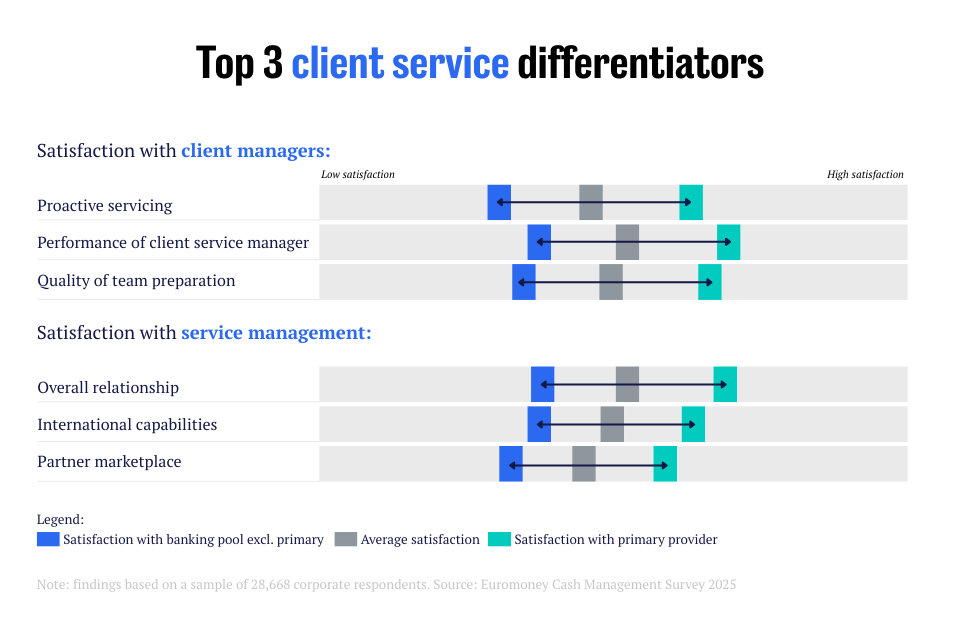The effect of reduced macroeconomic and cross-asset volatility since the start of 2023 was made evident by the first quarter currency impact report from cloud treasury solutions firm Kyriba, published in July.
According to data from the earnings calls of 1,200 publicly-traded North American and European companies, the collective quantified negative impact of currency movements was $22.5 billion, a 25.5% decrease from the fourth quarter of 2022.
The drop in volatility was helped by a resynchronization of monetary policy between the major central banks as market expectations shifted towards anticipating the peak of the US Federal Reserve’s tightening cycle and how its peers would move to catch up.
Access intelligence that drives action
To unlock this research, enter your email to log in or enquire about access




